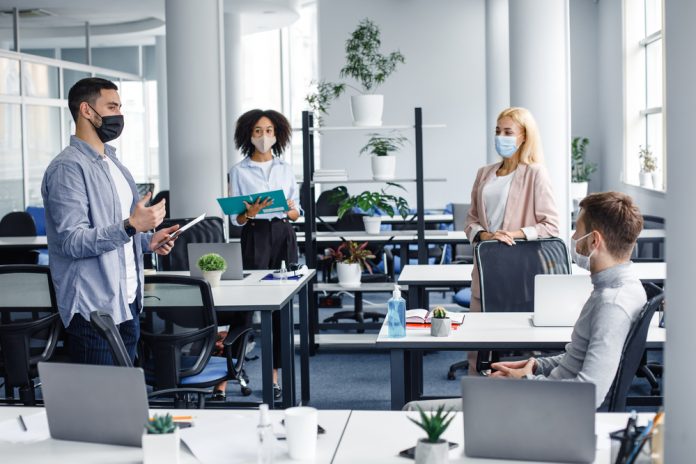One of your most significant responsibilities in running a business is to keep your employees safe and secure. Not only because it’s the requirement of the law, but it shows you care for them. Employees who feel safe and valued work more productively. In addition, not only will it help your business’s operations, but you can also save yourself from lawsuits.
Here are some ways to keep your workplace safe:
1. Understand the OSHA Regulations
The primary goal of OSHA or the Occupational Safety and Health Administration is to keep every employee safe under healthy working conditions. It covers employees of private businesses. Overall, the OSH Act requires every employer to comply with the statutory requirements of the OSHA, including:
- Keep records of work-related illnesses, injuries, accidents, and their causes
- Provide personal protective equipment (PPE) and other well-maintained tools and equipment
- Provide medical guidance and assistance on injured employees in the workplace
- Provide OSHA training
- Provide records of fatal accidents within eight hours to OSHA
By understanding the OSH Act, you’ll know how to keep your workplace safe and document critical workplace injuries and accidents. Moreover, you’ll also learn that injured employees due to a slip and fall accident in the workplace, for instance, can hire a personal injury lawyer to help them file claims or lawsuits against you. That’s why OSHA regulations are vital so you can avoid paying millions of fines, or endangering your employees.
2. Use Mats on Slippery Floors
Aside from understanding the OSH Act, you should also take steps to keep the workplace safe. One of which is to use floor mats. By doing this, you can prevent workplace injuries from falls and slips.
Causes of slips and falls include unclean floors, damaged or uneven tiles, or wet floors. A mat can help your employees dry their shoes when they come from wet surfaces. It also helps remove debris that can lead to unexpected slips.
3. Store Combustible Materials Properly
Also, your workplace should have designated storage places for combustible materials. That way, you can minimize the hazards with combustibles, like fire. If improperly stored, flammable liquids release toxic gas into the air, igniting a fire or causing death or illnesses when inhaled.
You can prevent these by following the proper guidelines on where and how you should store such combustibles.
4. Label Designated Hazardous Zones
You should also ensure that you use necessary warning signages and labels where dangerous equipment is stored. Or, if construction or repair is ongoing, you must inform your employees of such. Do this by putting up warning signs to make them aware that the area may pose a danger.
The signages should be clear and properly positioned so they can prevent accidents.
5. Implement Emergency Procedures
Moreover, your business should have an emergency management plan that you’ll follow in case of emergencies. Since emergencies are unannounced, you may not have the time to plan what to do during the said situation. But, with a prepared emergency plan for every type of incident, you can quickly respond to alleviate damages or injuries your employees may acquire.
The emergency plan is also vital because it’ll prepare your employees to react to every incident that may happen in the workplace. Instead of them panicking during an emergency, they can safely evacuate or minimize the problem.
Conclusion
When you practice workplace safety, you ensure that your employees can work without worrying about their safety. Understanding the OSH Act will help you learn your responsibilities as an employer. As a result, you can implement safety measures to make a safe and healthy working environment. Not only will you keep your employees safe, but your business will be protected as well.
Find a Home-Based Business to Start-Up >>> Hundreds of Business Listings.

















































